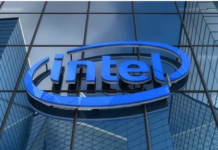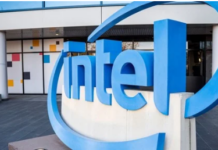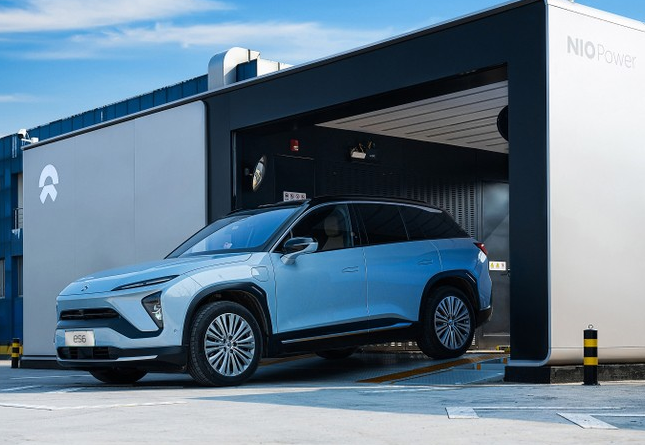NIO strongly believes in battery swap technology and is working to make the presence of battery exchange stations in China as widespread as possible. A job that seems to be proceeding quickly and smoothly as the automaker has announced that it has reached the goal set for the current year in advance. NIO, in fact, has announced that it has reached 700 stations for the exchange of batteries installed in China.
The second generation ones allow you to replace the accumulators of the cars with an automatic procedure in a matter of minutes. All without the driver having to get out of his vehicle. The automaker also says that so far its stations have carried out more than 5.3 million battery replacements in China.
The Chinese brand is accelerating the installation of battery swap stations in urban areas. At the end of November 2021, 42.34% of NIO users lived within three kilometers of a battery exchange station. On average, each station serves 258 cars.
4,000 STATIONS BY 2025
As we know, NIO’s goals for the next few years on the battery swap front are very ambitious. For 2025, the automaker aims to install a total of 4,000 stations for exchanging batteries. Of these, 1,000 outside of China. The brand, in fact, aims to make this technology a reality also in Europe. We already know that he has started to install them in Norway, a country where he has recently officially landed.
Network that will expand in the following years within the countries of the Old Continent where it intends to market its electric cars. In China, the technology is also having a good success due to a business model in which the battery is intended as a service. Customers can decide not to buy the battery with the car, saving on the initial investment, but going to pay a monthly fee including the battery swap service. With this formula, customers will no longer have to worry about battery degradation. In addition, the structure of Chinese incentives also facilitates the spread of battery swaps.
In fact, the most expensive electric cars can only be incentivized if they are compatible with battery exchange services. Rather, it will be interesting over time to see if the technology will be able to take hold in Europe as well. Creating a capillary network of this type is certainly very expensive. In addition to having to install the stations, it is necessary to provide them with batteries that certainly do not cost little. In addition, the technology of accumulators is evolving and the time for charging is progressively reducing.
Therefore, doubts remain about this technology in the medium and long term. In addition to battery swap stations, NIO has also installed 534 fast charging stations and 600 Destination Charger stations in China.
































